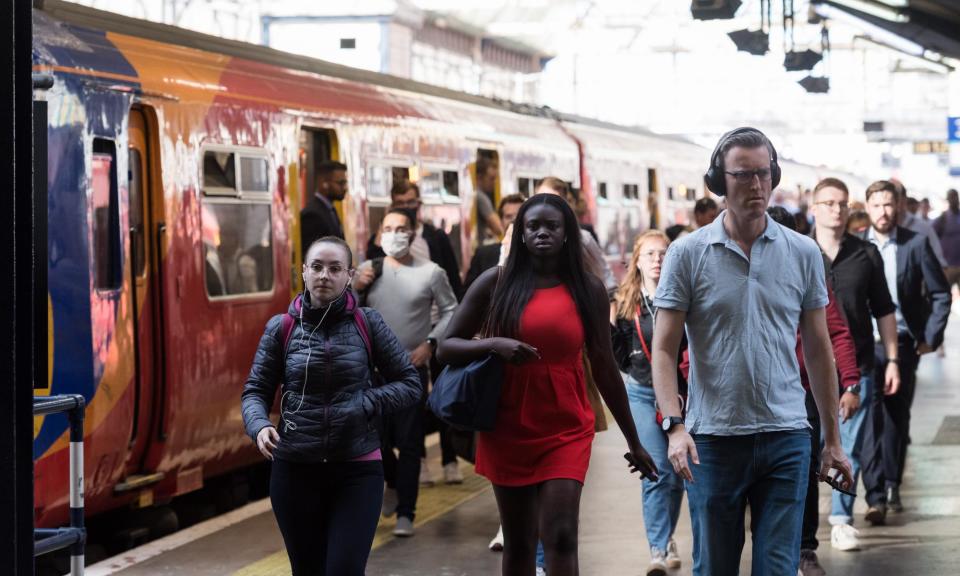Rail season ticket use in Great Britain falls to record low

The use of rail season tickets in Great Britain has plummeted to the lowest level on record, driven by a rise in working from home since the Covid-19 pandemic.
The number of rail journeys made by people using season tickets fell to 13% in the year to 31 March, from 15% in the previous year, according to figures from the Office for Rail and Road, the industry regulator. This is the lowest figure since records started in 1986-87.
Before the pandemic, in the year to March 2020, more than one-third (34%) of journeys were made using season tickets.
Income from season tickets is a crucial component of railways’ revenue. During the pandemic, lockdowns forced office workers to work from home, with city centres resembling ghost towns. Since then, many employers have relaxed their rules to accommodate hybrid working, allowing people to continue to work partly from home.
While some banks and other firms now insist on their employees spending most of their time in the office, a study showed this week that hybrid working makes employees happier, healthier and more productive. Three-quarters of those who work flexibly found they felt less burned out than when they spent their whole week in the office.
The Office for Rail and Road said 1.6bn rail journeys were made in Britain last year, up by 16% on the 1.4bn journeys in the previous year. A total of 60bn km were travelled, up by 13% year-on-year. In the three months to March, passengers made 405m journeys, a 13% increase on the same quarter last year.
Total passenger revenue rose to £10.3bn, a 13% increase on the £9.1bn in the previous year, when adjusted for inflation.
In response to more people working part of their week at home, the rail industry started offering flexible season tickets that allow users to travel on any eight days in a 28-day period.
However, analysis from MoneySavingExpert found part-time season tickets only offered savings to those travelling two days a week, and even then, there were often cheaper options.
Govia Thameslink Railway was the largest operator by number of passenger journeys in the year to March. The Elizabeth line had the second-most journeys and had the greatest increase in journeys compared with the previous year, up 54%. This is due to an increase in services since opening the central section of the line in May 2022, with a full service starting in May 2023.
The relatively large year-on-year increase in number of journeys for several operators was down to reduced timetables in the previous year. This includes ScotRail, Avanti West Coast and TransPennine Express, all of which ran reduced timetables at some point between April 2022 and March 2023.

 Yahoo Finance
Yahoo Finance 